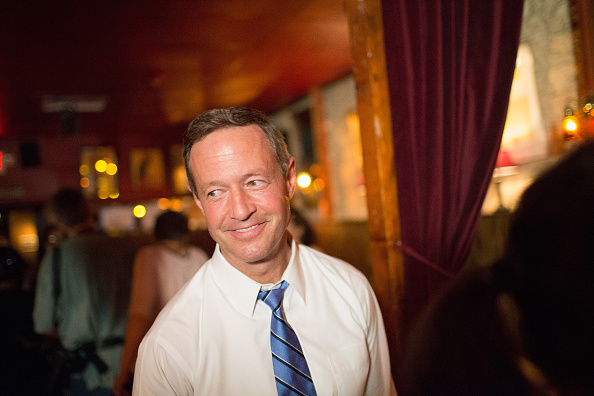
Martin O’Malley, troubadour in a baby blue tie and a Democratic candidate for president, put his foot on a chair and gave a borrowed guitar a strum. “What do we want to sing?” he asked. Someone in the crowd gathered in a leafy backyard Wednesday evening in Concord, New Hampshire, called out “This Land Is Your Land!” And O’Malley began: “From the redwood forest…”
The Democrats on the lawn may not have realized it, but the patriotic Woody Guthrie ditty happens to also be a favorite of Sen. Bernie Sanders, the other progressive challenger to Hillary Clinton for the Democratic presidential nomination. Sanders often plays a recording of the song at his rallies, and he even sung it himself in a heavy Brookylnese on an amateur Vermont folk album in the 1980s.
But while O’Malley is the more competent singer, it is Sanders who has so far captured the imagination of the Democratic left, taking valuable attention and progressive favor away from O’Malley. Now far behind in the polls after Clinton and Sanders, O’Malley is preparing for a hard slog in New Hampshire and Iowa. He is traveling largely as an unknown candidate, even as Sanders draws thousands to his rallies.
On the campaign trail, O’Malley is reminding his supporters to stay upbeat—and he’s doing his best to downplay Sanders’ rise.
“History is full of examples of candidates with one- or two-percent name-recognition suddenly emerging on caucus night or in the New Hampshire primary as the alternative to the inevitable frontrunner,” O’Malley told reporters on Wednesday. “History’s also full of examples of candidates peaking in June who don’t cross the finish line come January or February.”
MORE: What Martin O’Malley Hopes to Learn From Gary Hart
Distant third is an awkward position for O’Malley, who seemed to do all the right things to prepare for a run for president. He was a crime-fighting mayor in a big city. He’s a former two-term governor. He established a federal political action committee that gained him a national profile before announcing his bid, and he was chair of the Democratic Governors’ Association for two years. He’s visited Iowa, New Hampshire and other states repeatedly since 2013, meeting voters and campaigning for local candidates across the states before announcing his own candidacy. And since announcing, he’s unveiled a bevy of detailed progressive policy proposals.
But for all his carefully laid plans, O’Malley has struggled to gain notable recognition from voters in the first since his launch. Polls in the last few weeks showed that 61% of New Hampshire residents and 70% of Iowans haven’t heard of him. Fewer than 5% of Democrats in those states say they’d favor him in a primary. Go to one of his campaign events, and half the people in the crowd will say they stumbled in by chance, or they just heard of him yesterday, or last week, and came on a whim.
Meanwhile, Sanders—the unpolished independent who calls himself a revolutionary and a socialist—is drawing huge crowds and gaining rapidly on Clinton, coming within 10 percentage points of Hillary in New Hampshire and boasting 33% support in Iowa, according to new polls. Whether Sanders can come close to winning the Democratic nomination or not, he is hogging the spotlight, casting O’Malley into his shadow.
In the evening light in the backyard in Concord, some guests expressed reservations about the former governor’s ability to win the nomination. Sanders, some said, is all the rage right now. “If you’re a registered Democrat, how do you disagree with O’Malley’s points?” said Andrew Eills, a local attorney. “The question is, would he get the momentum to move forward?”
A political scientist among the guests at the lawn party also weighed in. “O’Malley has to extinguish Sanders if he’s going to have any shot against Hillary Clinton,” said Dante Scala of the University of New Hampshire. “Otherwise, he’s running for Secretary of Transportation.”
O’Malley and his allies are showing signs of unease about Sanders’ rise. The candidate repeatedly referenced Sanders on Wednesday, though mostly avoided mentioning him by name. The pro-O’Malley super PAC, Generation Forward, released last month the first attack ad of the 2016 campaign: a critique of Sanders’ gun record questioning whether the Vermont senator is a “true progressive.”
If O’Malley is fortunate, Sanders will end up like the Howard Dean of 2016: a personality-driven candidate who burns hot and bright with the Democratic left, but then quickly fizzles out.
In the meantime, though, O’Malley is working his way through New Hampshire, campaigning one town hall meeting, waffle breakfast and pub visit at a time.
See the 2016 Candidates' Campaign Launches
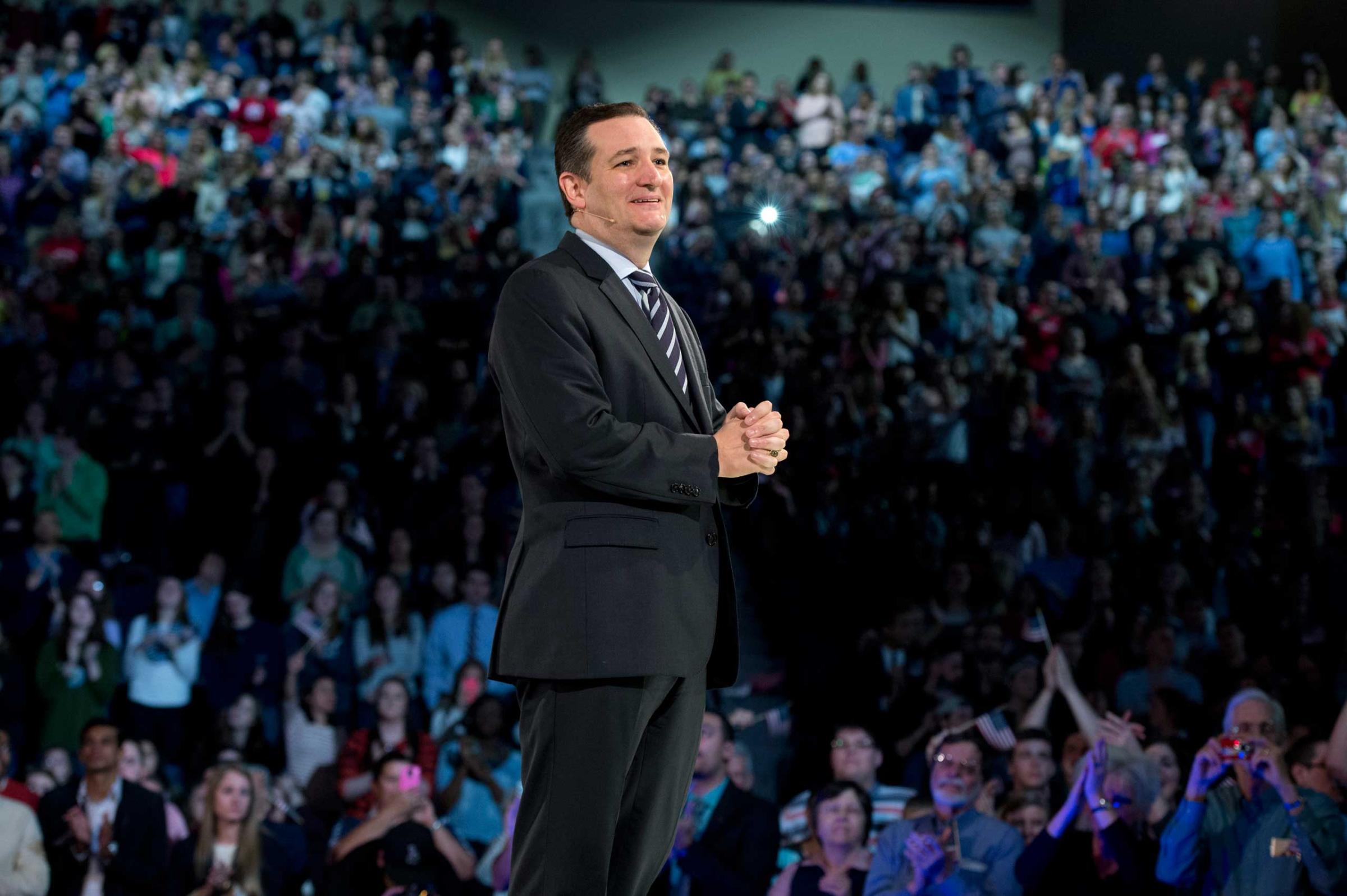
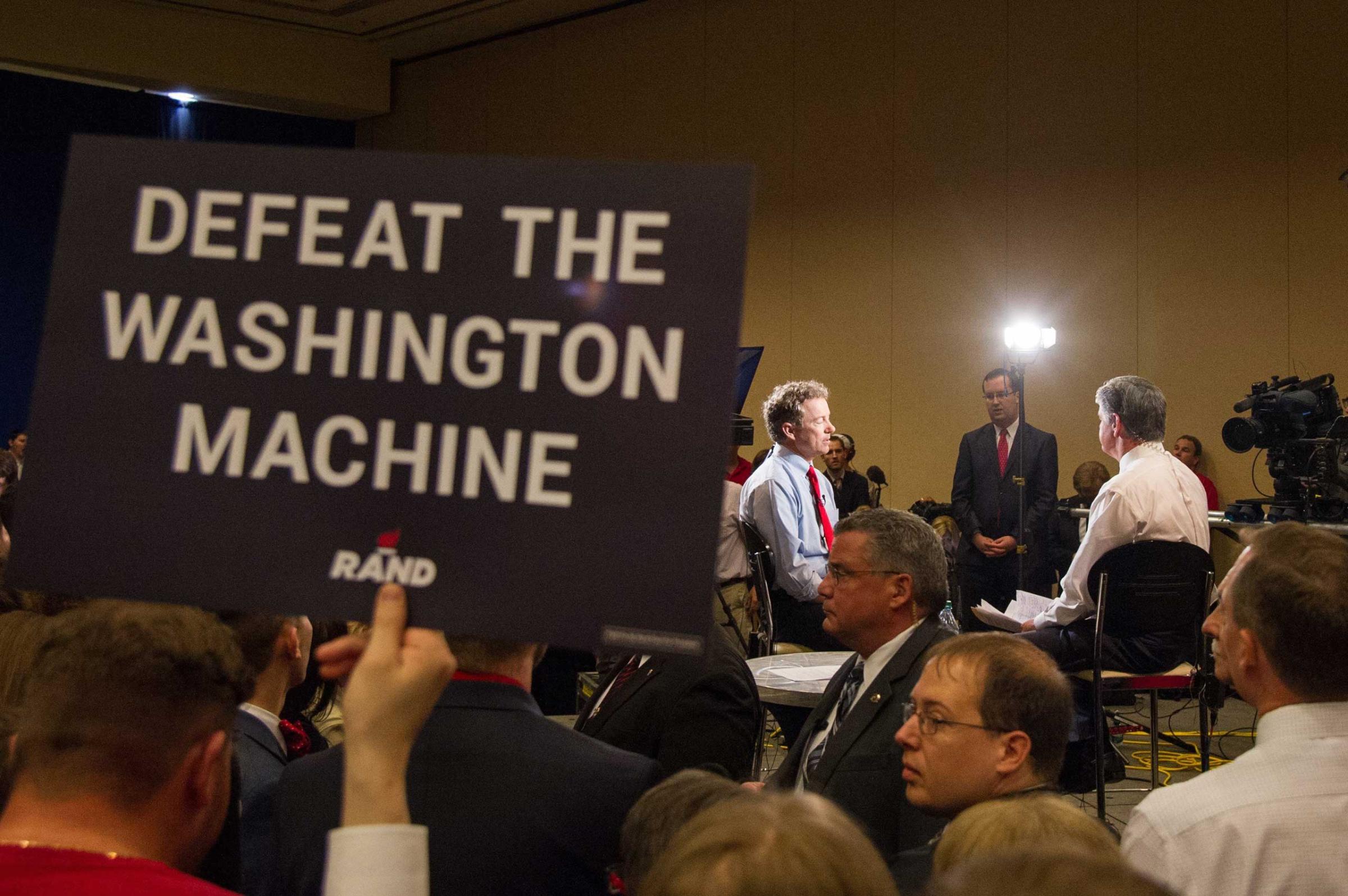

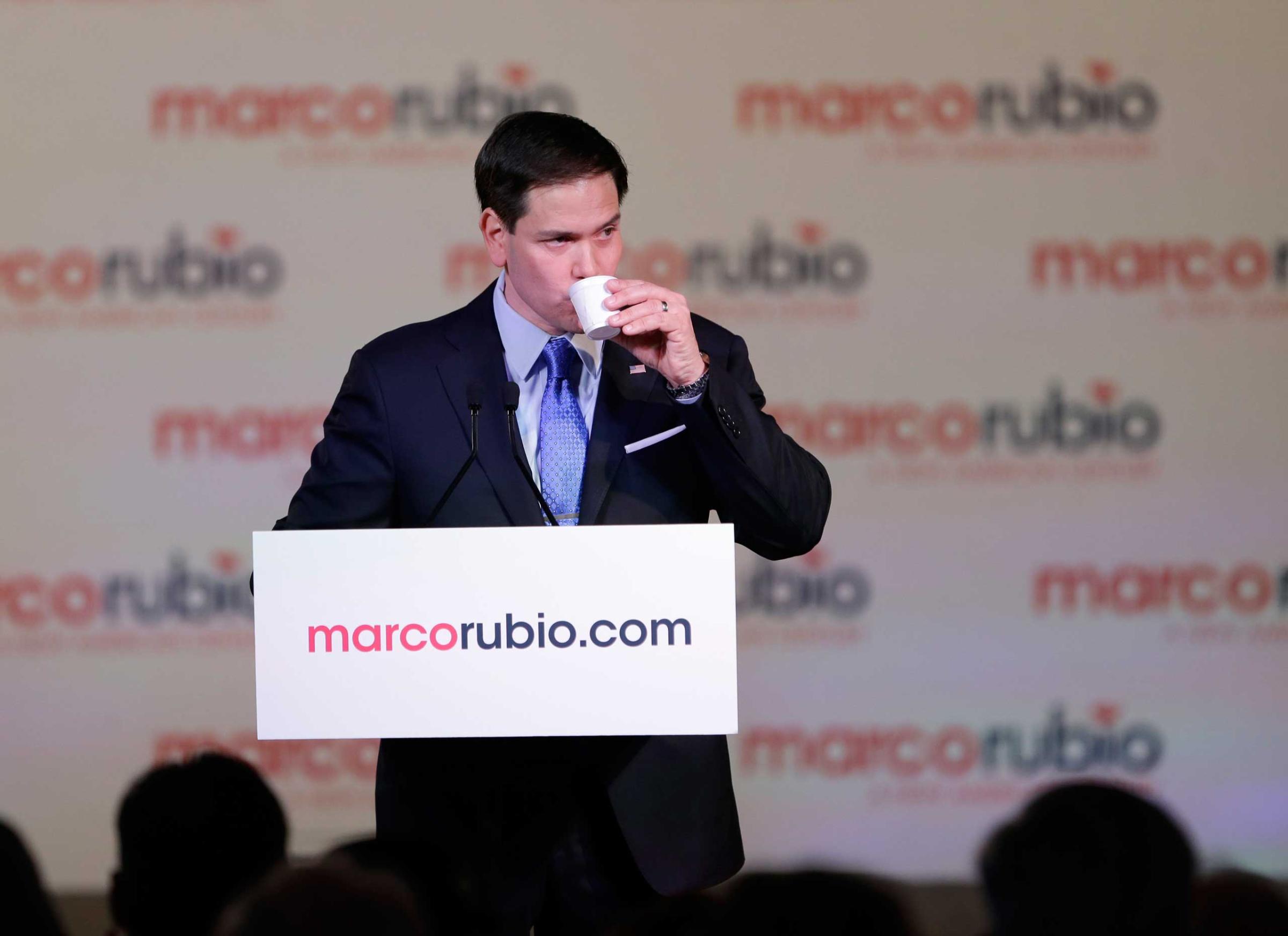
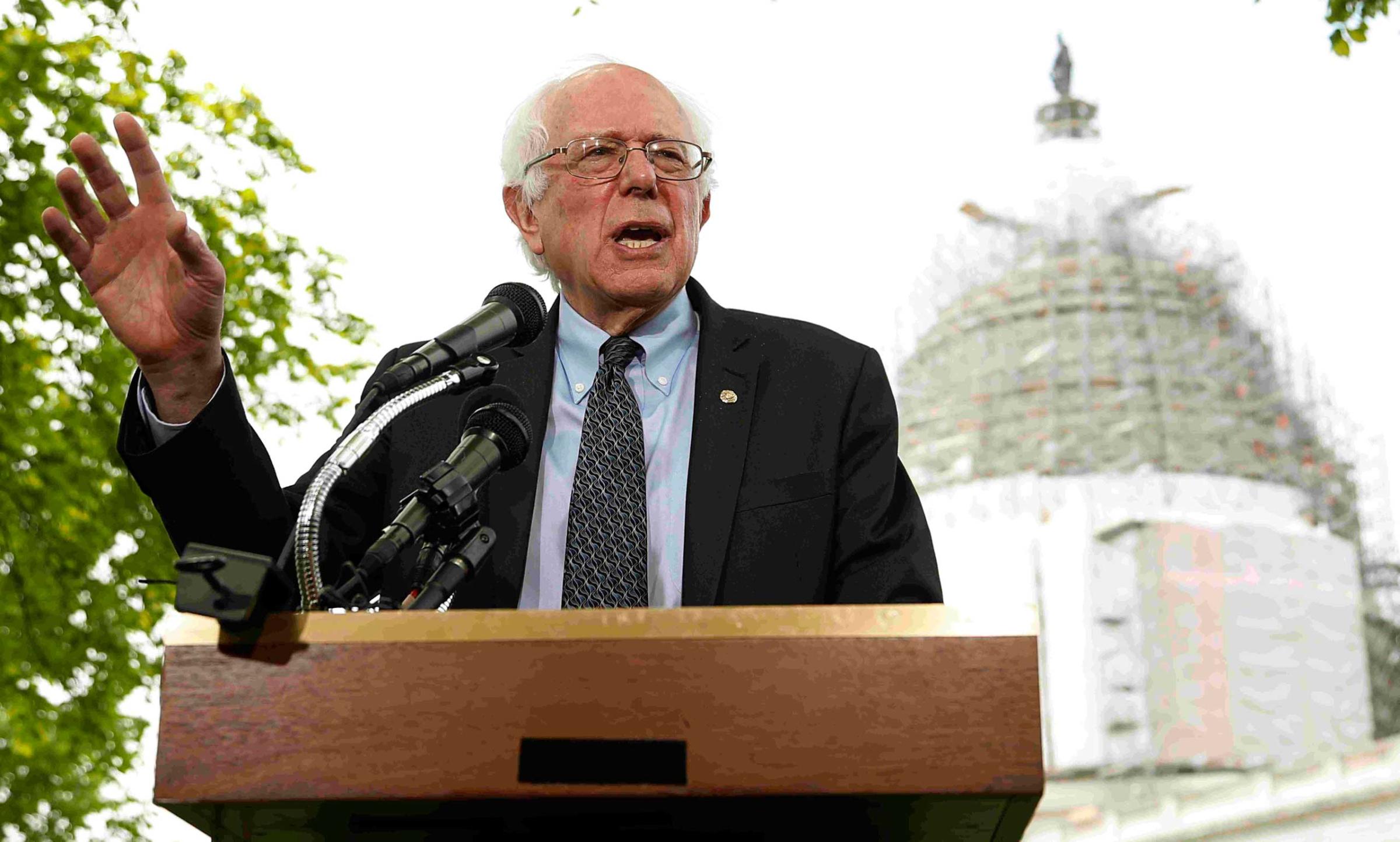
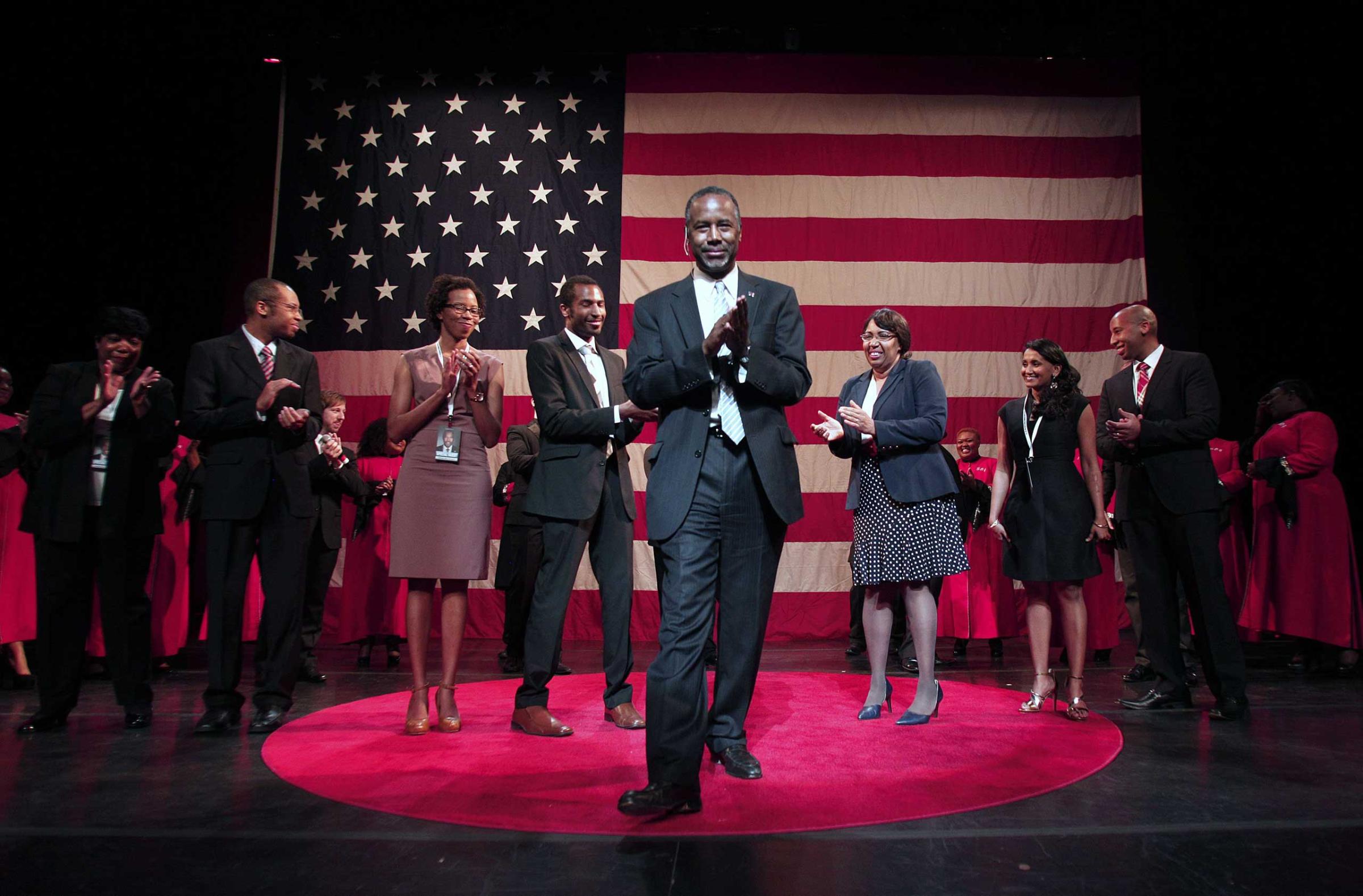
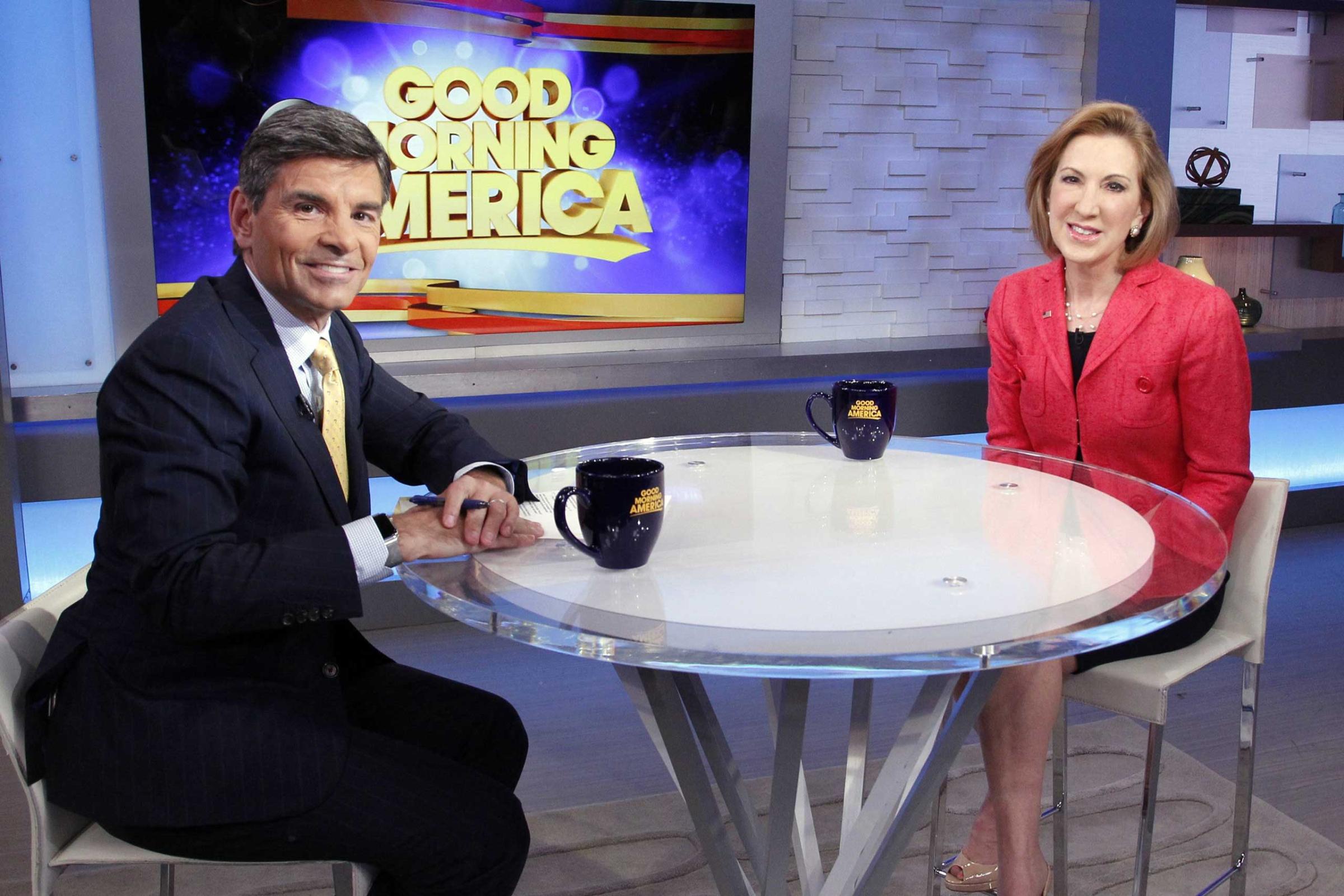
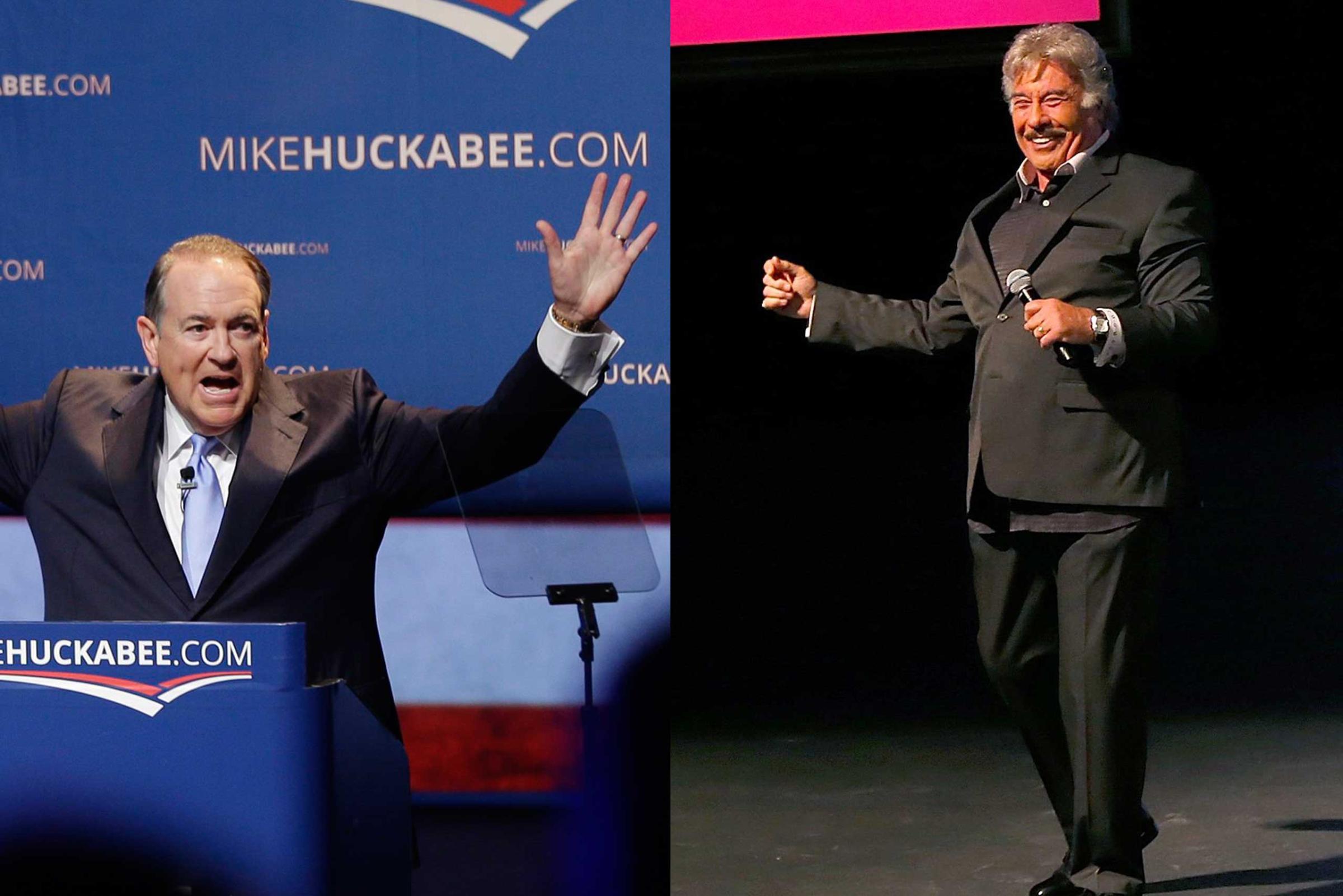
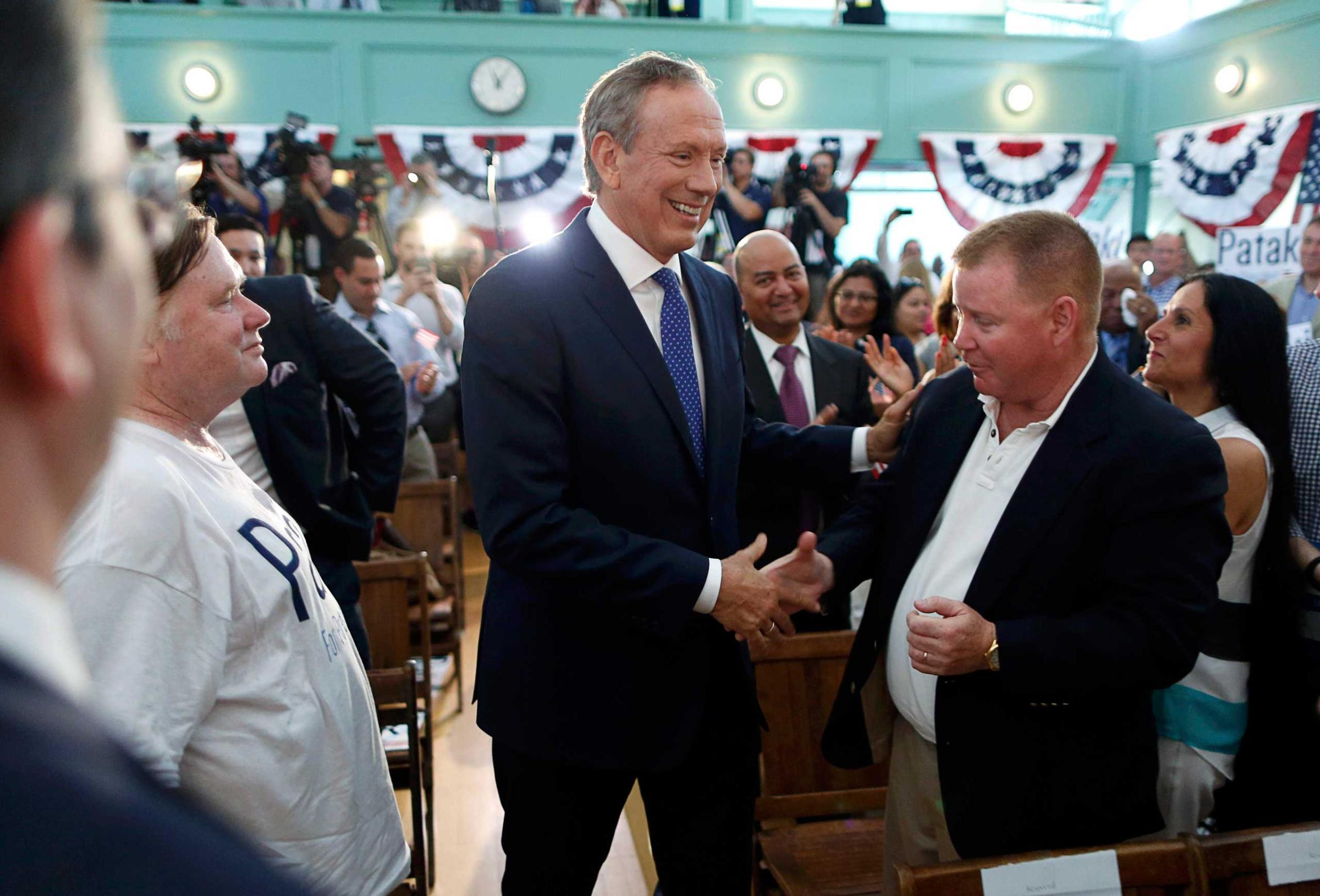
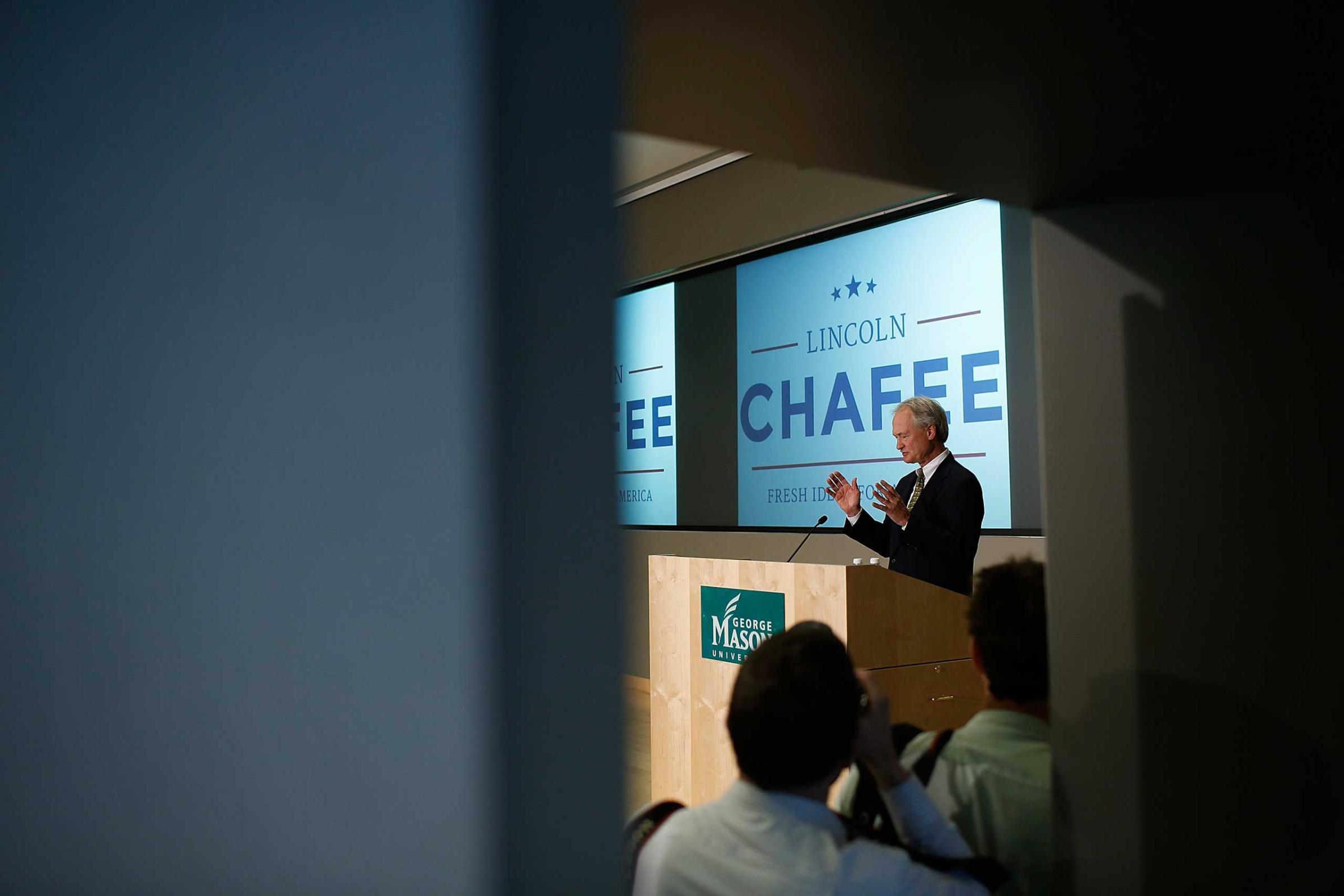
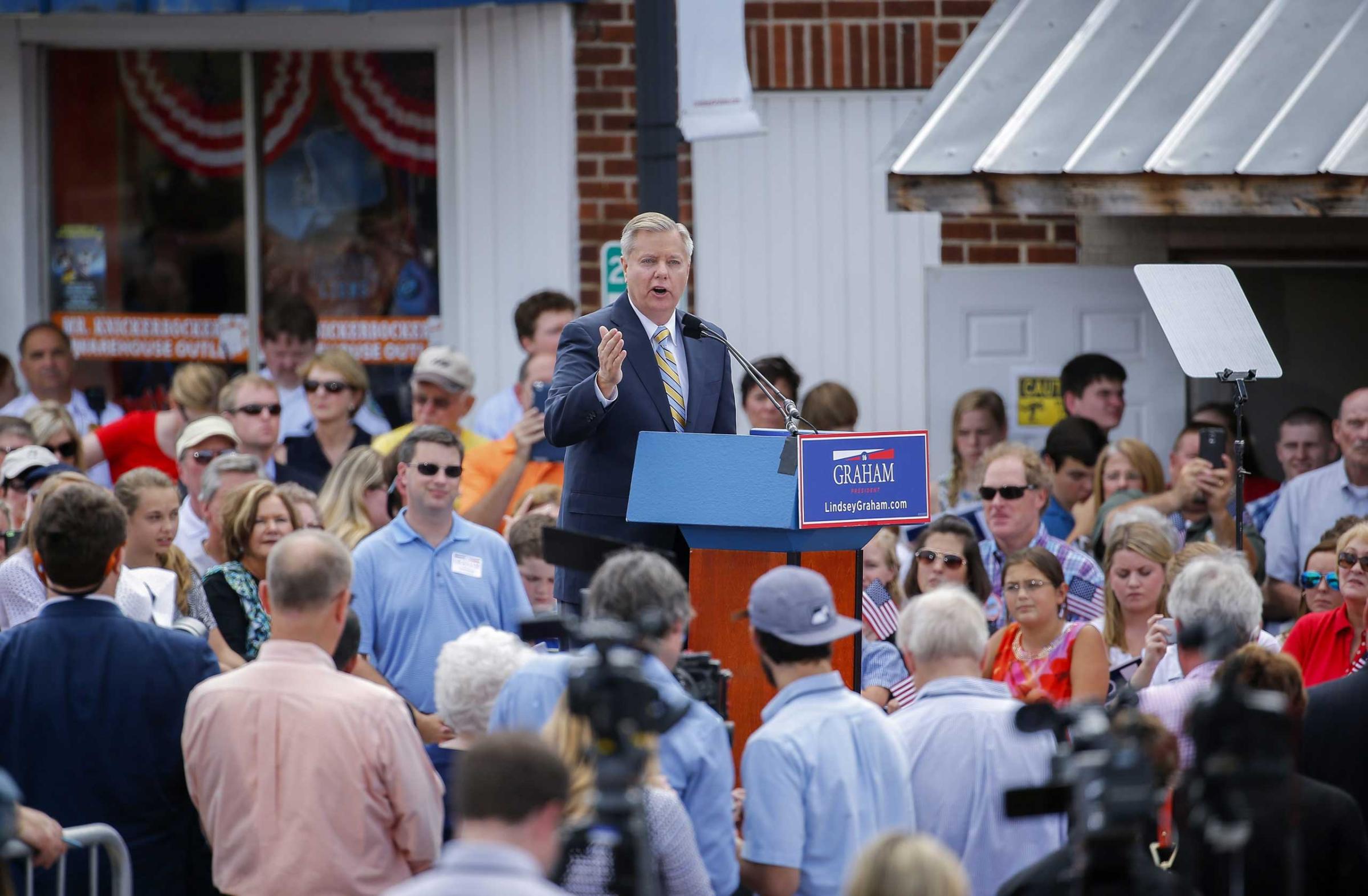
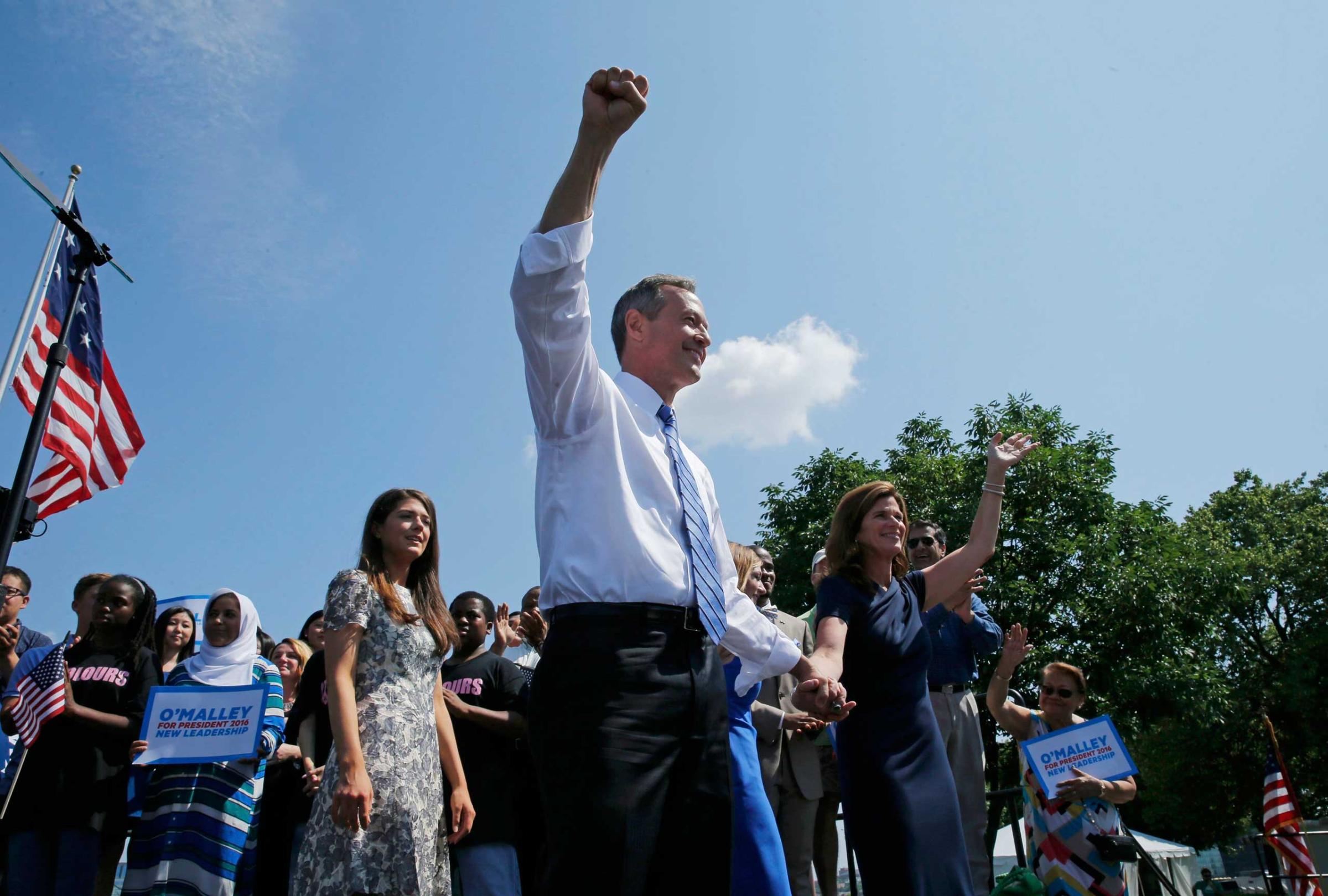
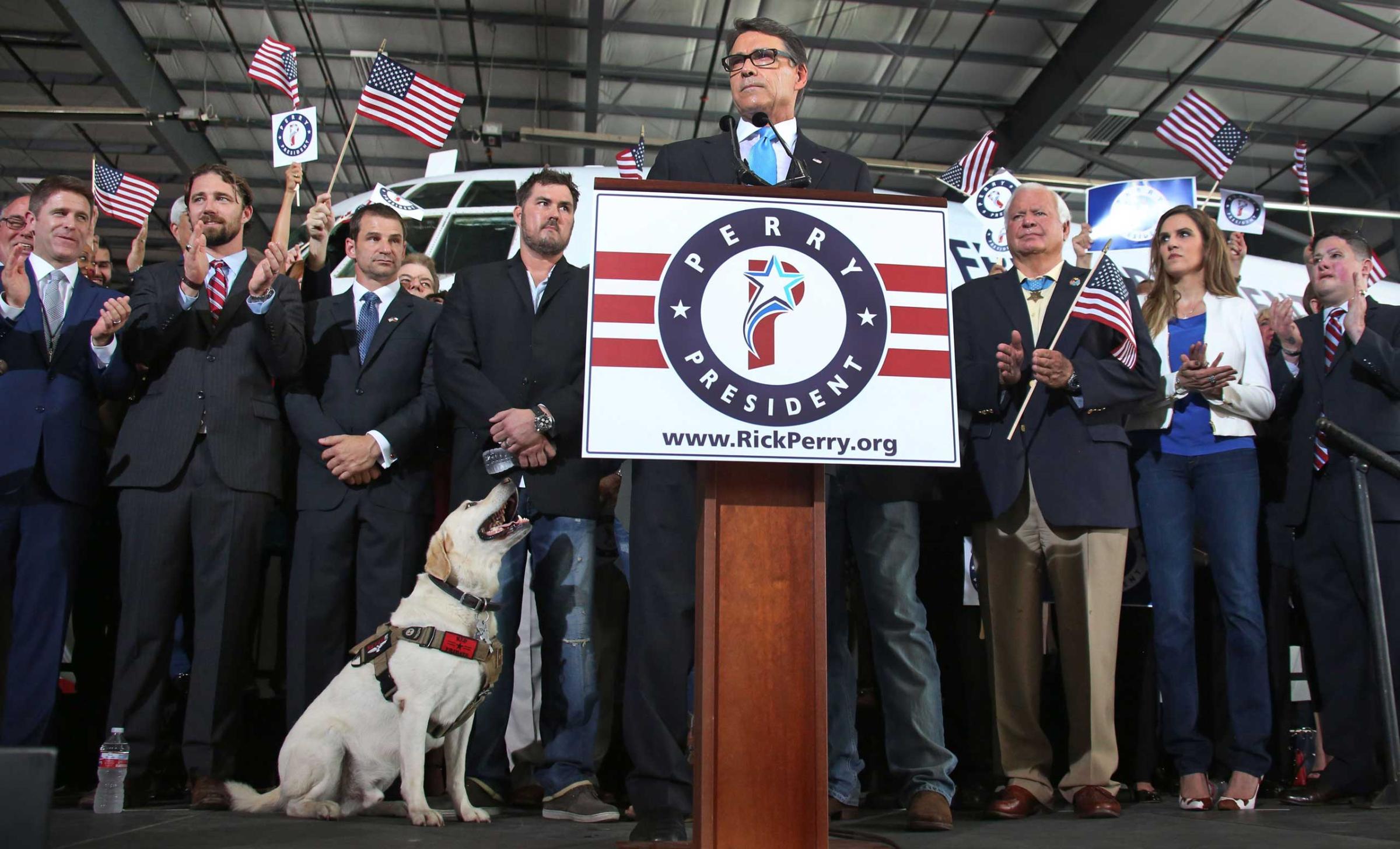
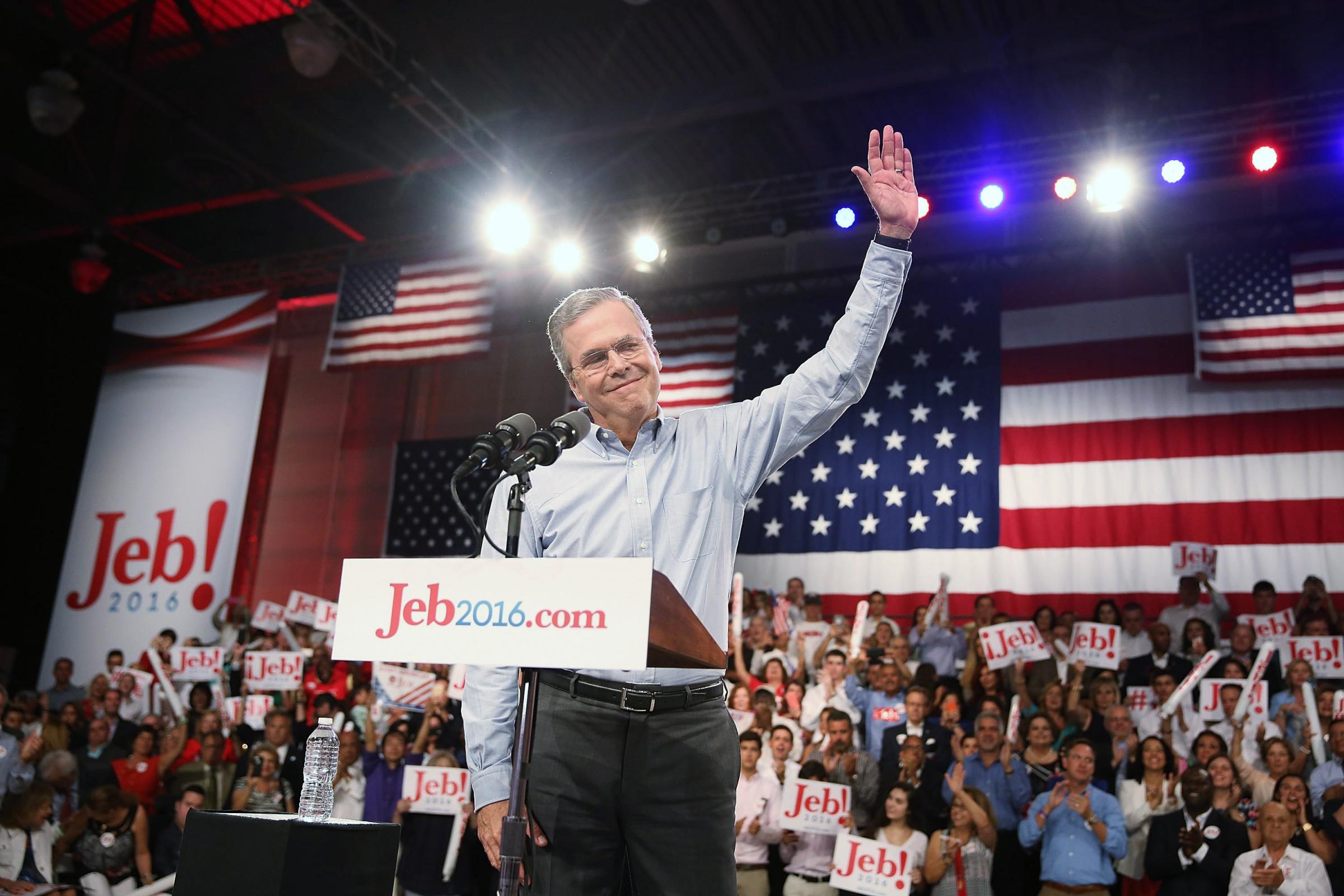
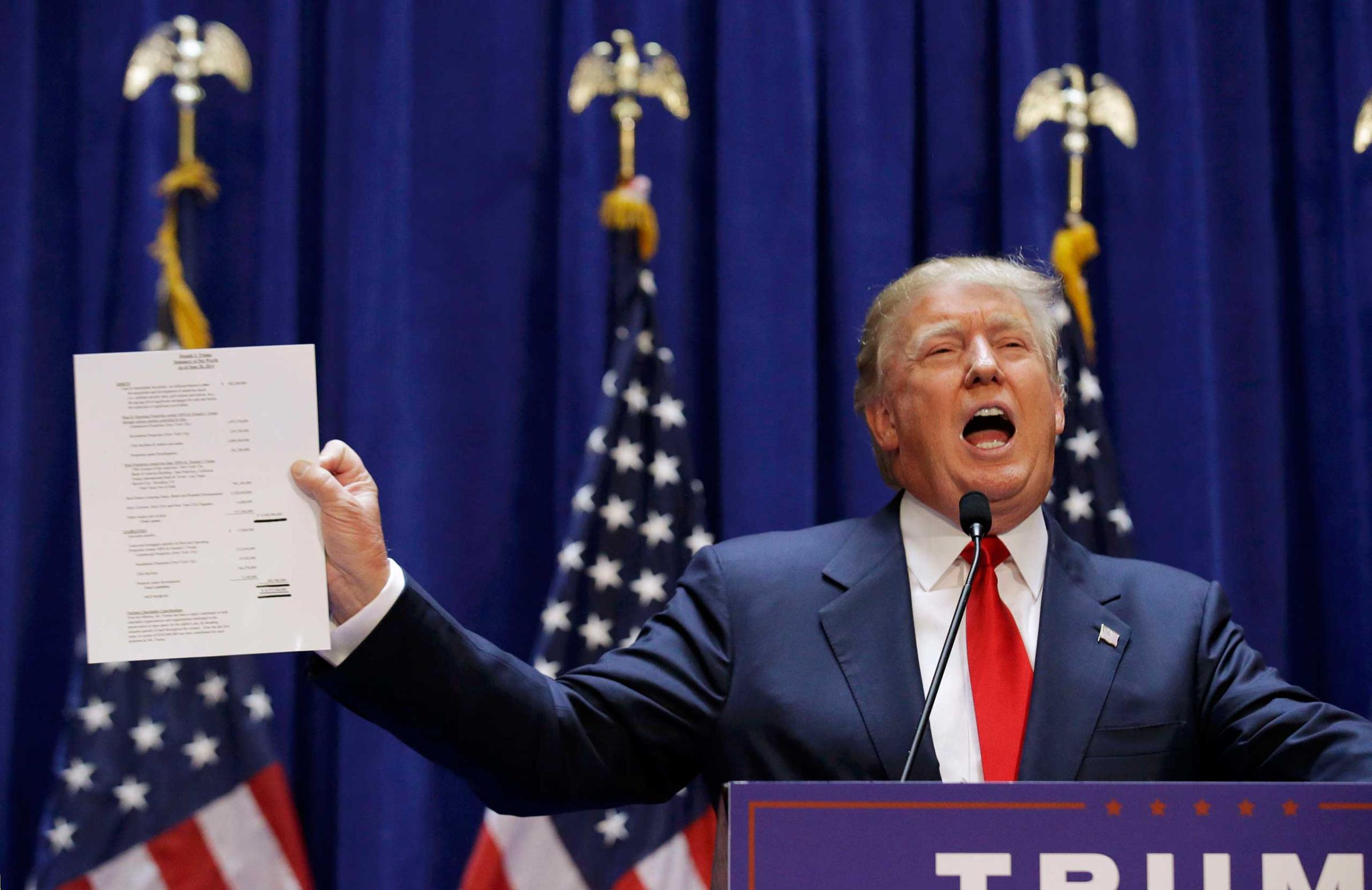
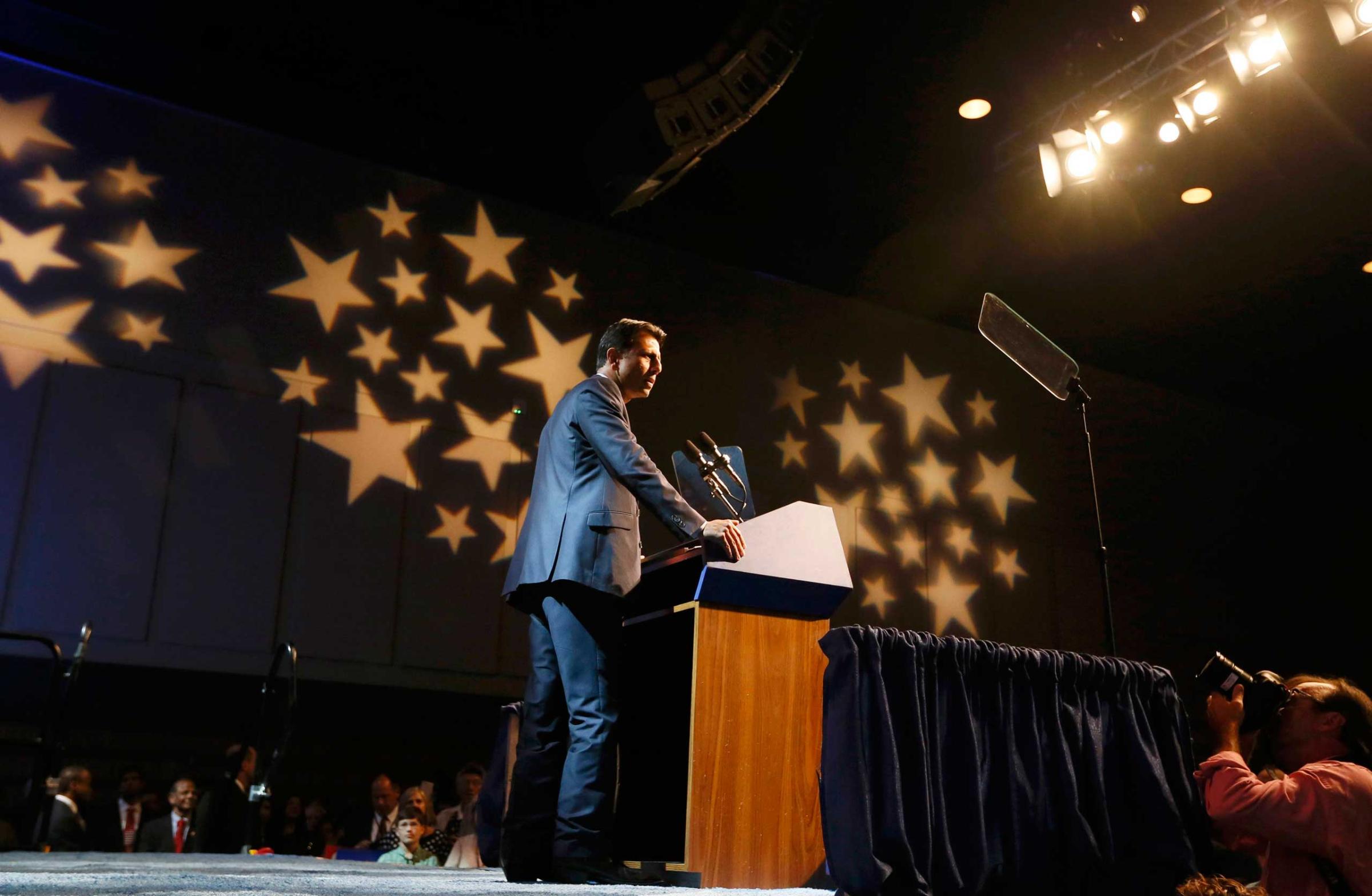
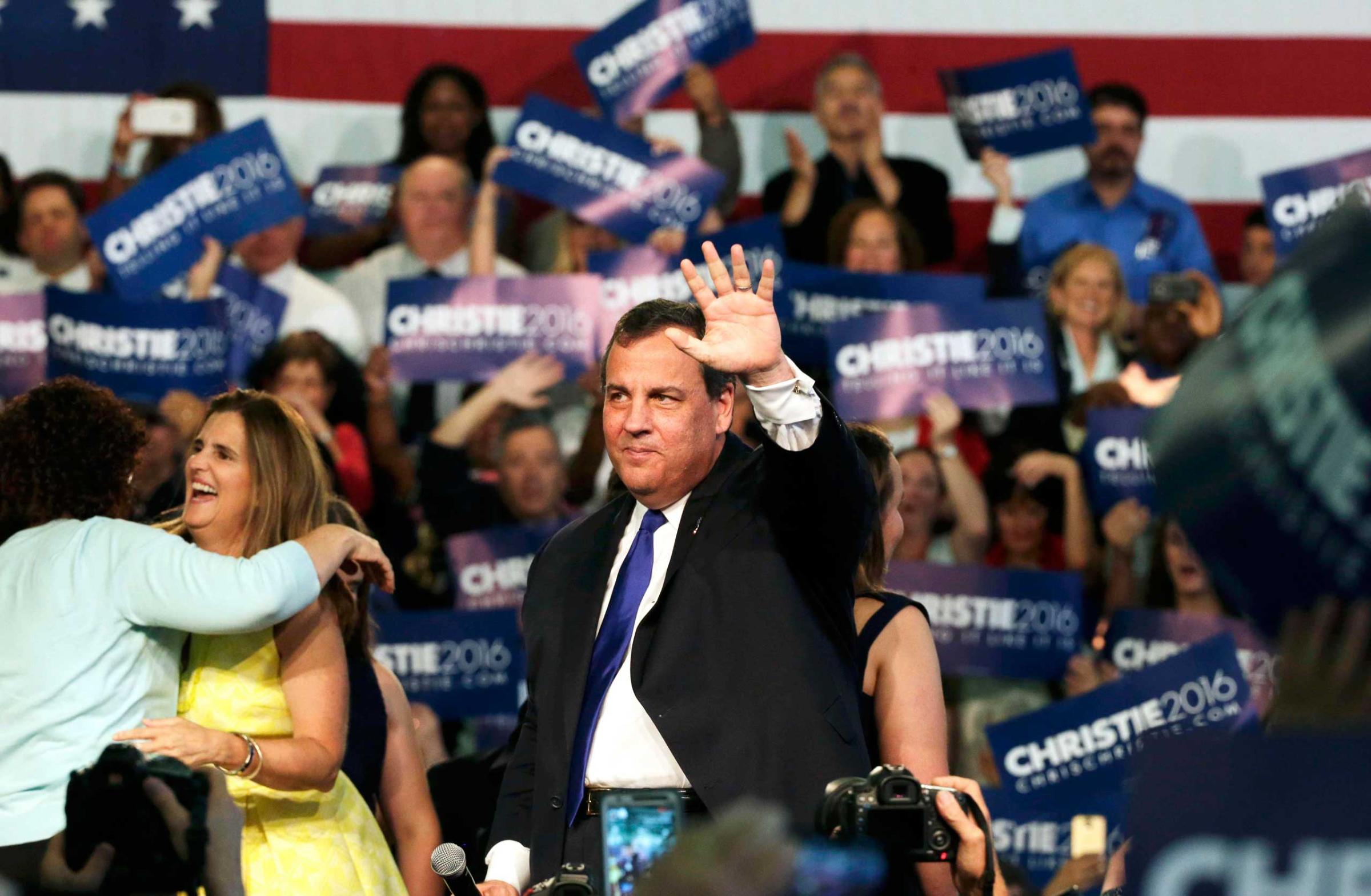
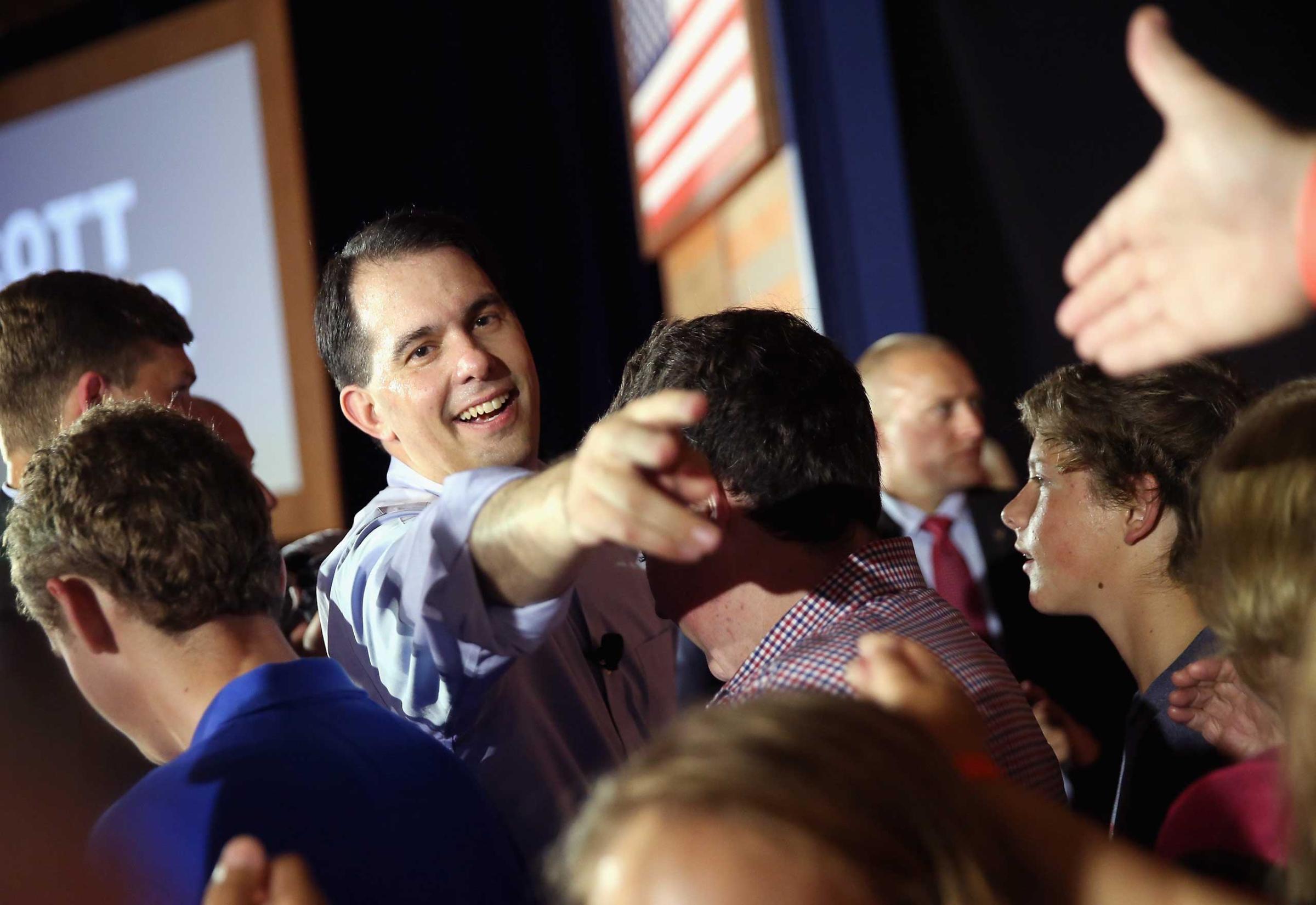
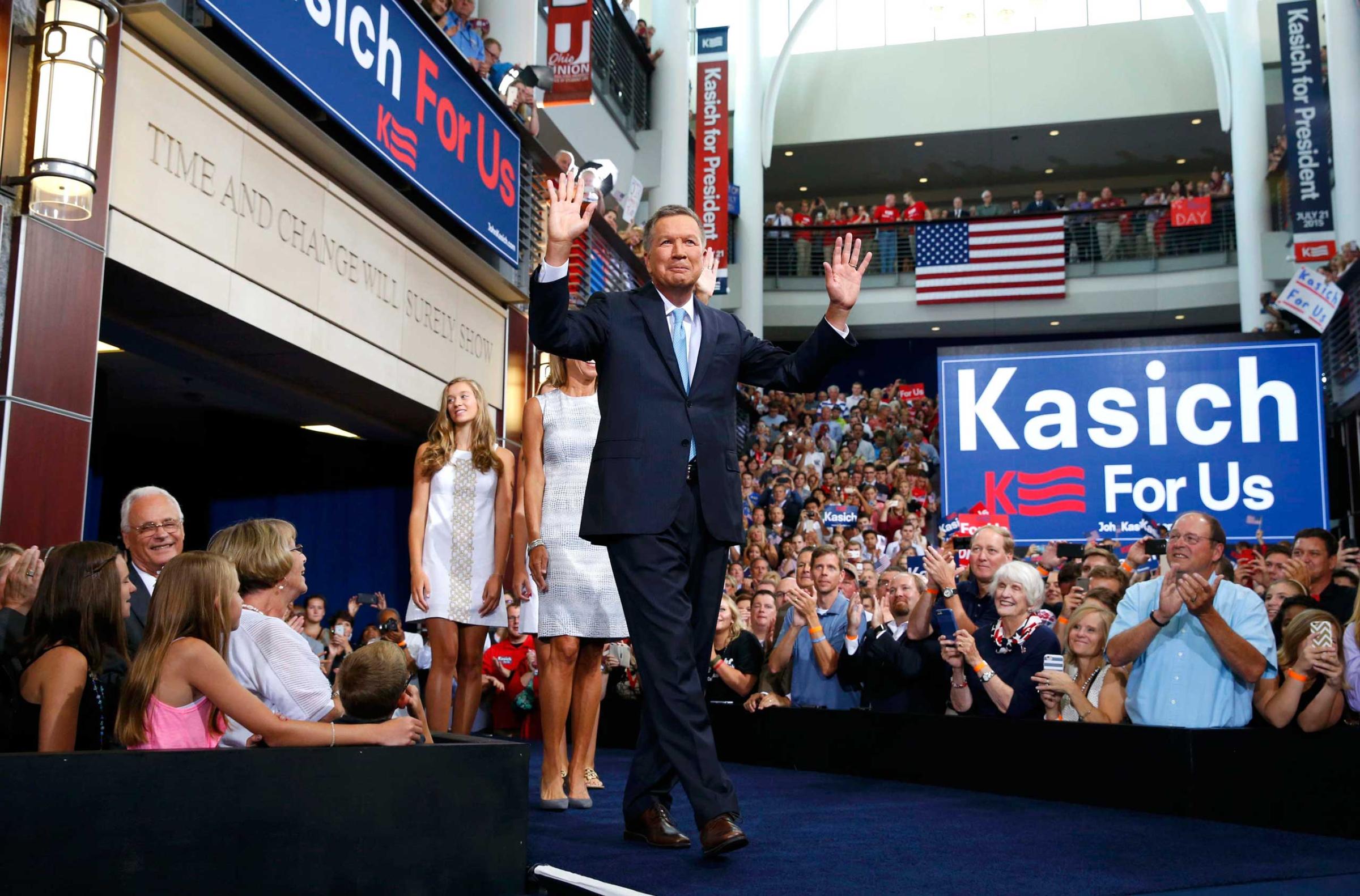
Early on Wednesday, O’Malley unveiled a plan for debt-free public college at St. Anselm College, then followed with a morning meeting in a tavern in Derry, a radio interview, a meeting with a local teachers’ union, a house party and a bar visit. By 10 o’clock, an aide was tugging on O’Malley’s shoulder, reminding him of his early breakfast appointment the following morning as the former governor munched on a burger and entertained locals in a Concord bar.
O’Malley shooed the aide away and continued telling stories, looking as chipper as he had been that the morning.
“I need to be in this race for more days and I need to be in more places,” O’Malley had said earlier. “I intend to do this the tried-and-true way of meeting as many people as I can who go to their caucuses in Iowa, by doing it one town at a time. It means doing the same thing in New Hampshire.”
With many of the people coming away from his events unconvinced he can win, however, it will be a long and uphill battle. O’Malley has unveiled a long list of progressive policy proposals, pledging to move the United States entirely to clean energy by 2050, reinstate barriers between commercial and investment banks, make Wall Street executives culpable for financial crimes, eradicate student debt at public universities and act on immigration reform.
Many of his ideas are more detailed than Sanders’ proposals, and also wonkier and less eye-catching: Sanders calls for a single-payer healthcare system, while O’Malley advocates for improving on Obamacare with a multi-part plan to reduce healthcare costs. On Thursday, he unveiled a detailed plan for reforming Wall Street.
“Governor O’Malley has laid out the most comprehensive plan on Wall Street of any 2016 candidate. It is bold, it is progressive, and it is specific. No one—to date—has laid out as detailed a plan for structural and accountability reforms as Governor O’Malley,” said campaign spokeswoman Lis Smith.
While making the rounds in the Concord bar at the end of the day, O’Malley, drank a Guinness and talked with voters about his prospects against Sanders and Clinton.
“Between the socialist and the same-old, same-old”— O’Malley widened his hands—“there’s a huge gap.” The challenge for O’Malley will be finding a way to fill it.
Read Next: Martin O’Malley Looks to Future But Can’t Escape the Past
More Must-Reads from TIME
- Why Trump’s Message Worked on Latino Men
- What Trump’s Win Could Mean for Housing
- The 100 Must-Read Books of 2024
- Sleep Doctors Share the 1 Tip That’s Changed Their Lives
- Column: Let’s Bring Back Romance
- What It’s Like to Have Long COVID As a Kid
- FX’s Say Nothing Is the Must-Watch Political Thriller of 2024
- Merle Bombardieri Is Helping People Make the Baby Decision
Contact us at letters@time.com